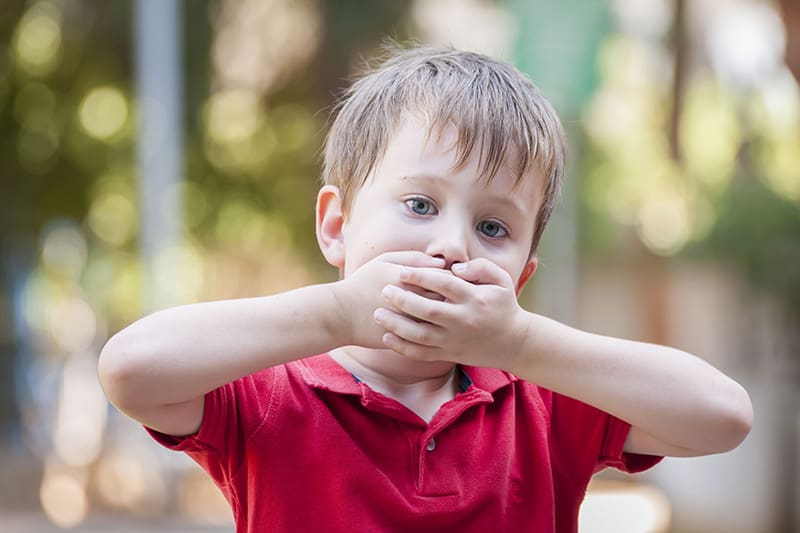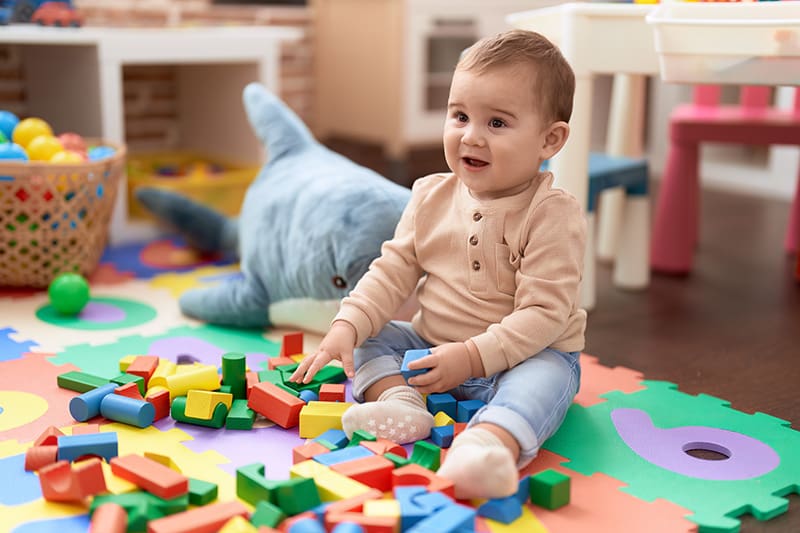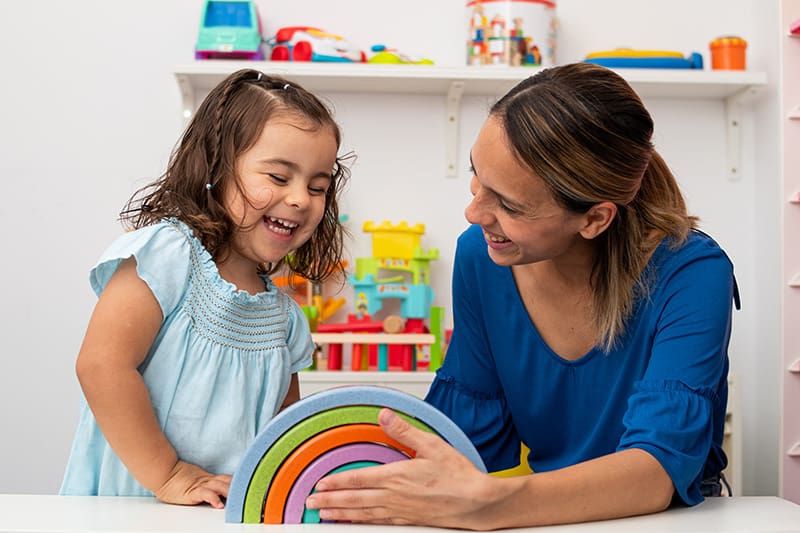
Articles


5 Ways to Encourage Speech Development in Your Child

Chicago Speech Therapy: In Film, Stuttering Symptoms Reflect Current Research

Late Talkers and Speech Therapy

Food Chaining: Feeding Therapy for Picky or Problem Eaters

5 Ways to Stimulate Speech Development and Learning in Your Toddler

An Overview of Mixed Receptive-Expressive Language Disorder in Toddlers

The Importance of Feeding Therapy: Ensuring Good Nutrition for a Problem Eater

Effective Speech Therapy Activities for Treating Communication Disorders in Children

The Value of Early Intervention: In-Home Speech Therapy for Stuttering

For Immediate Release: Karen George, speech therapist and founder of Chicago Speech Therapy gives talk to Stroller Strides Chicago!

Pediatric Speech Therapy Treatment for Children with GERD

"We had the most wonderful experience with Chicago Speech Therapy! Our speech pathologist, Miss Megan, developed a bond with our son almost immediately. By week two, he would await her arrival by the window in our front door! She quickly discovered all of his favorite things and would bring so many toys of her own that would keep him engaged and wanting to talk! She gave us (parents) tons of strategies to work with on our own in between her weekly visits. Our son made consistent progress under her care and has now been released from speech therapy ~ which actually makes us so sad ~ simply because we miss Miss Megan! She basically became part of our family and will be dearly missed. I couldn’t recommend Miss Megan and Chicago Speech Therapy more!"
"The process w/ CST was smooth, from the intake process, registration, processing insurance to on-going communication. Sarah was the Speech Therapist for our 9-year-old and she established a wonderful rapport with her and gained her trust over the months. I highly recommend CST."

Speech Therapy Services We Offer
Our expert speech-language pathologists are equipped to address a wide range of communication challenges, providing tailored solutions for each child's unique needs. From early language development to complex communication disorders, we offer comprehensive support at every stage of your child's journey.

Individualized Speech Therapy

Comprehensive Evaluation

Feeding Therapy

Specialized Speech Therapy for Autistic Children





